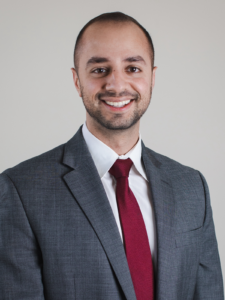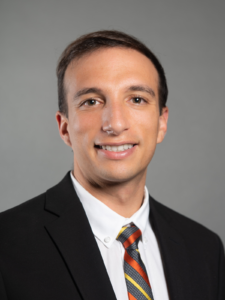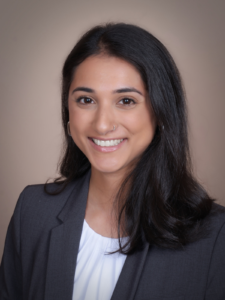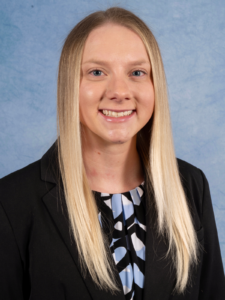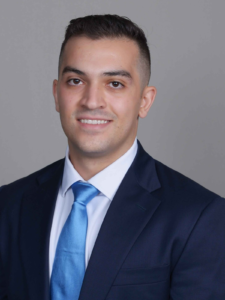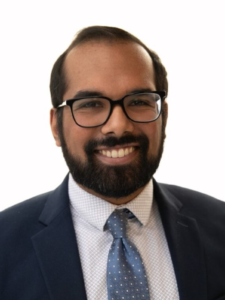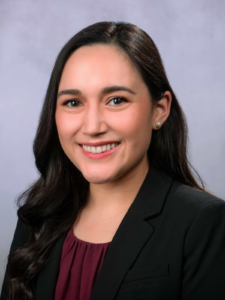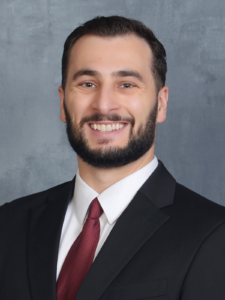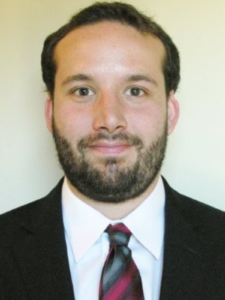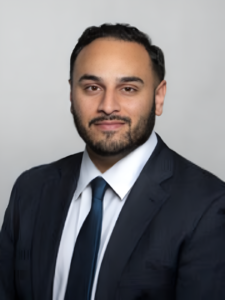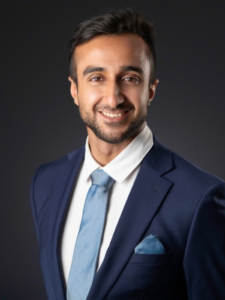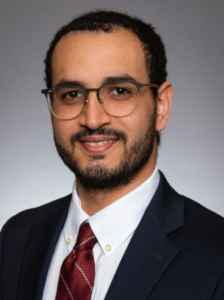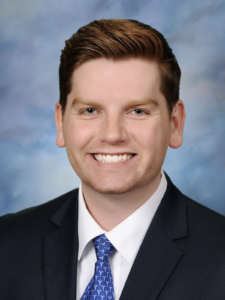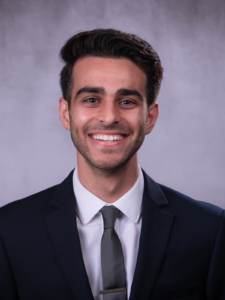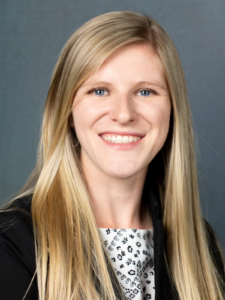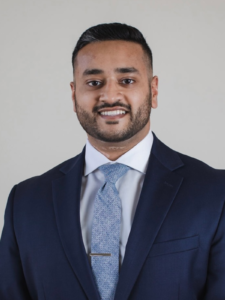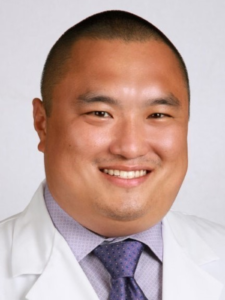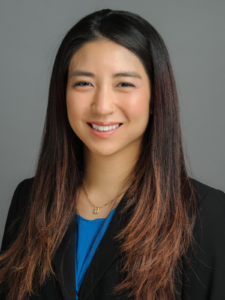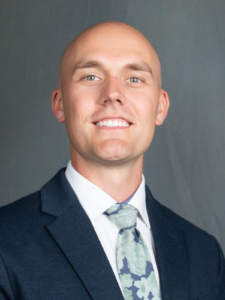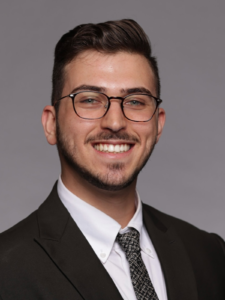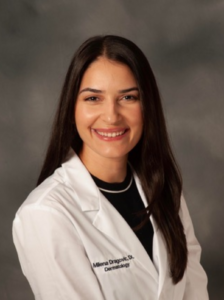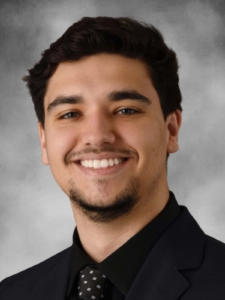In his latest video, “Yes, Doctors: AI Will Replace You,” medical educator Bryan Carmody—known online as the Sheriff of Sodium—delivers a provocative forecast: artificial intelligence will soon replace many physicians, especially in primary care and psychiatry. Carmody argues that this shift is less about technological capability and more about economic incentives and systemic inefficiencies in healthcare.
Key Arguments from the Video
1. Primary Care Is Vulnerable
Carmody contends that outpatient primary care is particularly susceptible to AI disruption. He suggests that many tasks performed by primary care physicians—such as managing chronic conditions like hypertension or diabetes—are algorithmic and could be handled by AI systems. Given the existing shortage of primary care providers and long wait times, patients might prefer immediate, AI-driven consultations over delayed appointments with human doctors.
2. Psychiatry Faces Similar Risks
The video also highlights psychiatry as a field at risk. Carmody notes that due to a shortage of mental health professionals, patients often wait months for appointments. He posits that AI could fill this gap by providing accessible mental health support, even if it’s not as nuanced as human interaction.
3. Economic Incentives Drive AI Adoption
Carmody emphasizes that the push towards AI in medicine is driven by economic factors. Healthcare systems and insurers are incentivized to adopt cost-effective solutions, and AI offers a scalable alternative to human labor. He argues that if AI can perform tasks at a lower cost and with acceptable accuracy, it will be adopted regardless of whether it’s superior to human doctors.
4. Specialties with Procedural Complexity Are More Resistant
According to Carmody, specialties involving complex procedures—such as surgery, anesthesiology, and emergency medicine—are less likely to be replaced by AI in the near future. These fields require hands-on skills and real-time decision-making that are currently challenging for AI to replicate.
Our Thoughts
We believe Bryan Carmody’s video offers a bold—but necessary—wake-up call for medical students. We do agree: AI is poised to disrupt medicine, especially in areas where pattern recognition and guideline-based decision-making dominate. Fields like radiology, pathology, and dermatology—long considered competitive and high-yield—may be particularly vulnerable as AI systems surpass human performance in image analysis and diagnostics.
That said, we also know this: medicine changes slowly.
Hospitals don’t pivot overnight. Regulatory agencies move at a crawl. And patients still trust the human face behind the white coat. While the future Carmody describes is plausible (and maybe even inevitable), it’s unlikely to arrive before today’s med students complete their training and early careers. There is still time to position yourself wisely—and strategically – to provide value in this ever changing landscape.
All that is to say – don’t give up on your vision of becoming the best residency applicant, trainee, and physician that you have aspired to become.
That’s where we come in to help. Whether you’re worried about navigating away rotations, want expert guidance to craft a compelling ERAS application/Personal Statement, crush your board exams, or ace your interviews, our experienced team is here to help. We offer 1:1 tutoring, mentorship, and personalized prep for every specialty and every stage leading up to the Match.
Medicine is evolving. You don’t have to navigate it alone.
Consultations are always free. Book one now at the link below to learn more about how we can help you match your #1 program.

